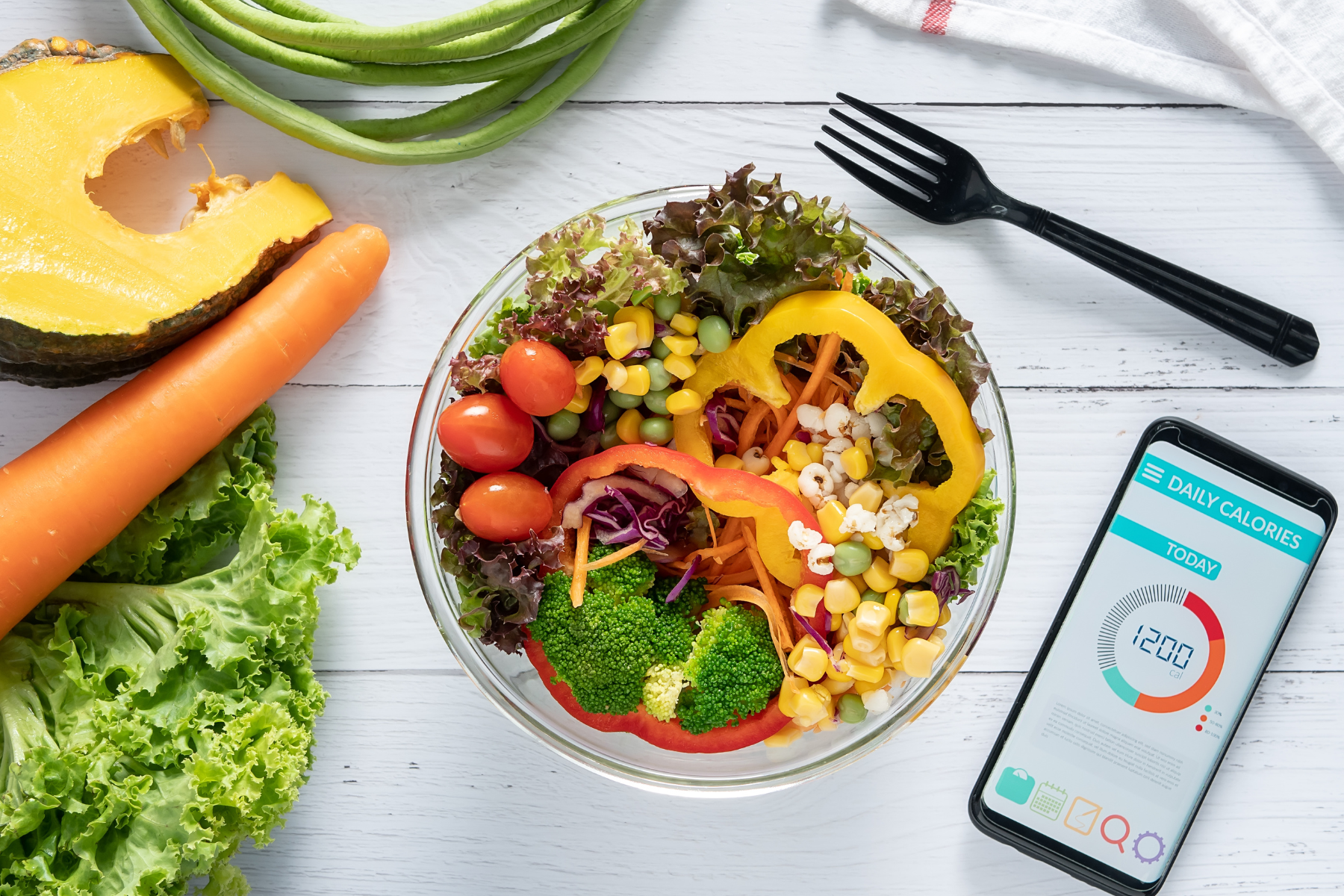The Hidden Dangers of a Low-Calorie Diet: Why Eating Less Isn’t the Answer
We have been told for years that weight loss is just math. Eat fewer calories than you burn, and the rest will take care of itself. The problem is that your body is not a spreadsheet. Long before you go for a walk or step into the gym, it is already spending energy on the basics that keep you alive. That minimum is your basal metabolic rate. For many adults it sits around 1500 calories a day, give or take, depending on size, age, sex, and muscle mass. Those calories run your heart and lungs, keep your brain online, regulate temperature, repair tissues, produce hormones, and do a thousand quiet jobs you never notice. That baseline is not negotiable. When intake consistently drops below it, your body compensates. It slows non-essentials, pulls from stored fuel, and eventually makes you feel tired, cold, hungry, foggy, and less resilient.
This is where the calories-in, calories-out idea falls apart. It treats all calories as if they do the same thing. Twelve hundred calories of soda, crackers, low-fat packaged snacks, or even large bowls of very low-calorie salads and fruit are not the same as twelve hundred calories of eggs, steak, and butter. Calories are not just fuel. They are information. Period. Full stop. Every bite you take instructs your body on what to do next. Protein signals the body to preserve lean mass and build enzymes. Natural fats support your brain, hormones, and cell membranes. Micronutrients from nutrient-dense foods act like spark plugs that make countless processes run smoothly. When most of your calories come from nutrient-poor choices, even if the totals look right on paper, your physiology is left underfed. If you build a diet on mostly salads, vegetables, and fruit with a little bit of low-fat, low-calorie snack food, you may be “eating light,” but you are not meeting the body’s requirements for complete proteins, essential fats, and dense nutrition.
Think about the common plan so many of us were sold. Eat twelve hundred calories. Load up on lettuce, a few vegetables, some fruit, and “light” snacks. Work out hard to burn more. On day one, it feels virtuous. By week three, it feels like wading through mud. I know because I did it. When I was younger, I chased a low-calorie target and trained like crazy. Instead of feeling lean and clear, I felt physically tired and mentally exhausted. I blamed myself for not being able to lose weight and keep it off. No one told me my body had a baseline requirement that could not be ignored. Twelve hundred calories a day left me feeling worse in every way. The toll on mental health is real. You start to think you lack willpower when, in fact, your plan is starving your biology of what it needs to properly and efficiently function.
A better question than “How low can I go?” is “What signals am I sending with the food I choose?” If your intake is built around nutrient-dense animal foods like eggs, beef, lamb, fish, and a purposeful amount of natural fat, your body receives instructions to maintain muscle, stabilize energy, and keep hormones in a healthier range. If you enjoy salads, vegetables, or fruit, treat them as supporting players, not the entire cast. They can add variety and texture, but they are lacking on the essentials that actually build and repair the body. A plate that is mostly leaves and fruit with a drizzle of low-fat dressing can be impressively low in calories and still leave you undernourished.
This is also why so many low-fat, low-calorie diets backfire. You can see an early drop on the scale because water and glycogen shift, but under the hood your body is cutting costs. Hunger rises. Mood dips. Training feels harder. Sleep suffers. Eventually the natural response is to eat more, and weight returns, often with interest. That is not a personal failure. It is a predictable outcome when the plan ignores physiology.
So does the statement make sense that a simple calorie deficit falls flat if we ignore nutrition? Absolutely, that is a resounding, yes. Energy balance matters, but food quality determines how your body responds to that balance. Two people can eat the same number of calories and get very different results because one diet protects muscle, supports hormones, and satisfies appetite, while the other leaves the body scavenging and the brain counting minutes until the next snack. If your goal is a healthier, stronger, clearer version of yourself, the priority is not to starve. It is to nourish.
Here is the bottom line. Calories do matter, both too few and too many. What fails is the idea that a calorie deficit alone is the plan. Instead of chasing a smaller number, build meals around real protein and natural fats, then add salads, vegetables, or fruit as accents if you like them. Vegetables and fruit may be low in calories, but on their own they do not supply the essentials your body needs for the long haul. You might lose weight at first on a low-fat, low-calorie routine, but you will likely feel drained and see the weight return because that approach is not sustainable. Stay informed, question everything you think you know, and choose food that actually feeds you.
This content is never meant to serve as medical advice.
In crafting this blog post, I aimed to encapsulate the essence of research findings while presenting the information in a reader-friendly format that promotes critical thinking and informed decision-making.

